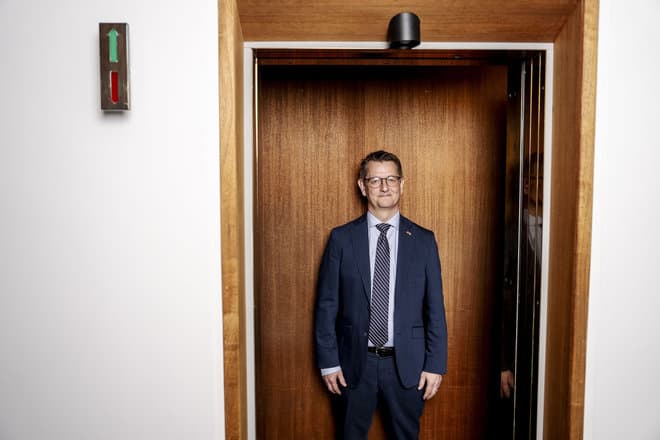
For the first time ever, solar energy has overtaken coal in the EU's total electricity production from 2024, according to a report from the think tank Ember.
- Solar energy became the EU's fastest growing energy source in 2024, overtaking coal for the first time. Wind power remains the EU's second-largest power source after nuclear power, it says.
10 percent of electricity production came from coal, while 11 percent came from solar energy. The report also shows that electricity production from fossil fuels was overall at a historic low in 2024. 29 percent of EU electricity production came from fossil fuels.
As early as July, wind and solar had overtaken coal and gas in total electricity consumption in the EU, according to a report on the first six months of 2024. Here, electricity production from fossil fuels accounted for 27 percent. According to Chris Rosslowe, a senior analyst at Ember and the lead author of the report, the speed of the transition to renewable energy has exceeded everyone's expectations.
- Fossil fuels are losing their grip on the EU's energy supply, he says.
However, he stresses that there is still work to be done.
- We need to step up our efforts - especially in the wind sector, he says.
Among other things, Europe's electricity system needs to increase its storage capacity to make the most of renewable energy, Rosslowe points out. The report also states:
- More storage and demand flexibility are needed to sustain growth and for consumers to reap the full benefits of the large amount of solar energy, it says.
Here, Ember suggests placing a battery together with the solar panels to make it easier to store the energy. Fossil fuels are the collective term for coal, mineral oil and natural gas. According to the think tank, solar energy is making progress in all EU countries, and more than half have either stopped production with coal or reduced its share to less than five percent of energy production. Coal is the most polluting fossil fuel.
jel /ritzau/AFP
Text, graphics, images, sound, and other content on this website are protected under copyright law. DK Medier reserves all rights to the content, including the right to exploit the content for the purpose of text and data mining, cf. Section 11b of the Copyright Act and Article 4 of the DSM Directive.
Customers with IP agreements/major customer agreements may only share Danish Offshore Industry articles internally for the purpose of handling specific cases. Sharing in connection with specific cases refers to journaling, archiving, or similar uses.
Customers with a personal subscription/login may not share Danish Offshore Industry articles with individuals who do not themselves have a personal subscription to Danish Offshore Industry.
Any deviation from the above requires written consent from DK Medier.
























